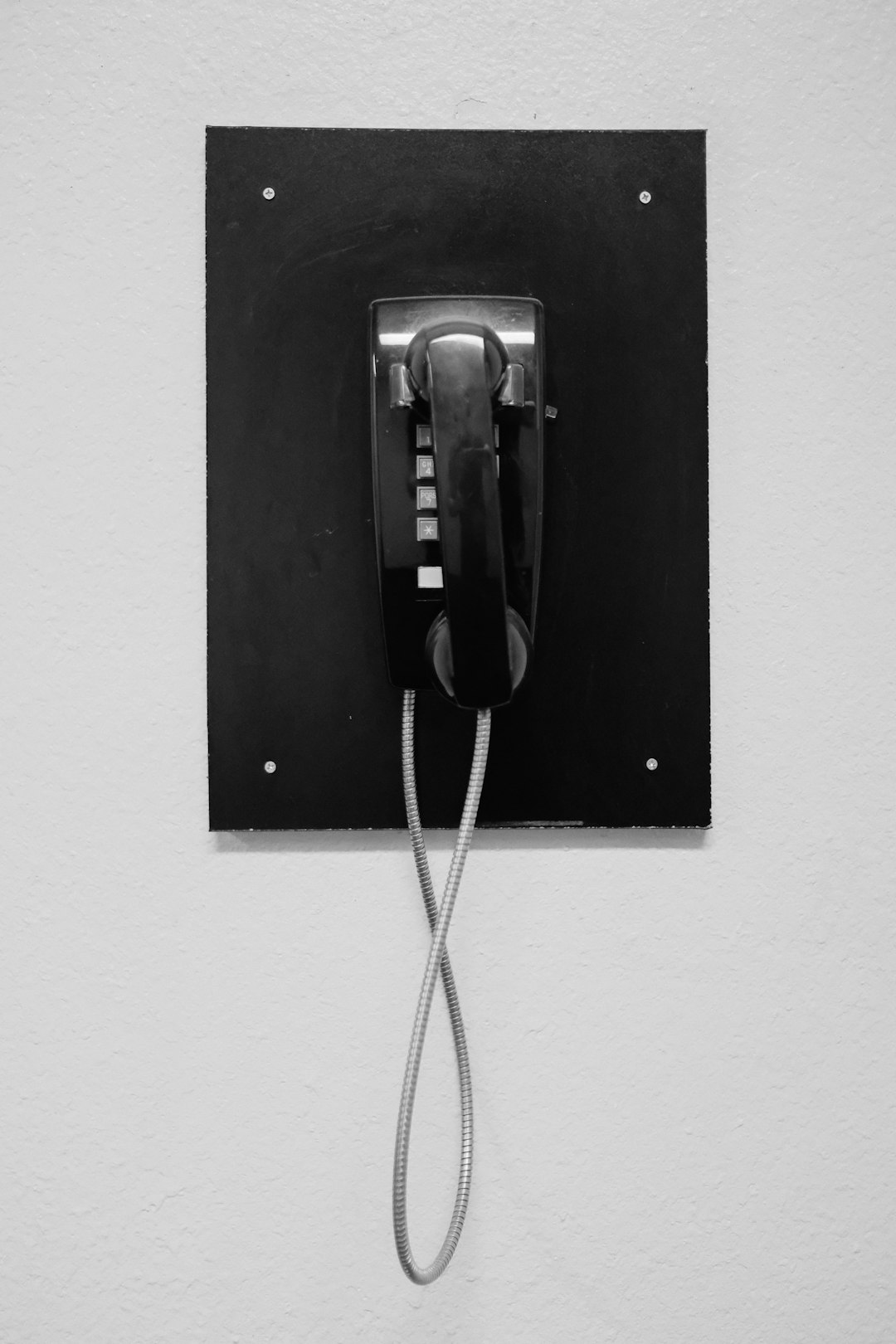In North Dakota, non-spam text exceptions allow legal pros, government agencies, and charities to send SMS messages without being flagged as spam if recipients consent. For political campaigns, this enables effective voter engagement through text marketing with opt-in consent, adhering to state regulations on spam texts. Lawyers play a critical role in navigating these regulations to promote healthy democratic dialogue while avoiding the pitfalls of spam texts.
In North Dakota, a nuanced landscape governs the regulation of spam texts, with critical exceptions for political and charitable communications. This article delves into the legal framework surrounding these exemptions, providing valuable insights for lawyers navigating the state’s unique regulations. We explore how organizations can leverage these provisions while adhering to stringent anti-spam laws, ensuring compliance and effective outreach through text messages.
Understanding Non-Spam Text Exceptions in North Dakota

In North Dakota, understanding non-spam text exceptions is crucial for both political campaigns and charitable organizations. The state has specific laws governing the use of SMS messages, or spam texts, to ensure consumer protection. However, certain types of messaging are exempt from these regulations, offering a lifeline for advocates and fundraisers.
These exemptions include communications sent by lawyers, government agencies, and charitable organizations with valid consent from recipients. For political campaigns, this means they can utilize text message marketing as long as voters have opted-in to receive such messages. This opt-in process is key; it ensures that the messaging is welcomed and reduces the risk of being marked as spam. By adhering to these guidelines, spam texts can become a powerful tool for engagement, allowing lawyers, charities, and political campaigns in North Dakota to connect with their target audiences more effectively.
Legal Framework for Political and Charitable Communications

In the realm of communications, especially with the rise of digital platforms, understanding the legal framework is paramount, particularly for political and charitable entities in North Dakota. The state has established guidelines to differentiate between essential messaging and unsolicited, potentially harmful spam texts. These regulations are designed to protect consumers while ensuring free speech.
North Dakota laws permit political organizations and charities to engage in direct communication with residents, including text messages, as long as certain criteria are met. This includes obtaining explicit consent from recipients, providing an opt-out mechanism, and adhering to strict content guidelines. Lawyers specializing in this area play a crucial role in navigating these regulations, ensuring that communications remain compliant and effective, thereby fostering a healthy democratic dialogue without resorting to spam texts.
Navigating Charitable Exclusions: A Guide for Lawyers

Navigating Charitable Exclusions is a complex task that requires meticulous attention from lawyers in North Dakota, especially when dealing with sensitive communications. These exemptions are designed to protect charitable organizations and ensure their messaging reaches the intended recipients without interference from spam texts or other unwanted forms of communication.
In North Dakota, charities are granted certain privileges when communicating with potential donors, allowing them to reach out via phone, email, or mail without fear of being labeled as spam. Lawyers assisting these organizations must understand the specific guidelines and regulations to ensure compliance. This includes recognizing legitimate charitable purposes, verifying donor consent, and adhering to opt-out provisions. By familiarizing themselves with these exclusions, lawyers can guide their clients effectively, ensuring their communication strategies remain legal and ethical while maximizing their reach within the North Dakota community.






